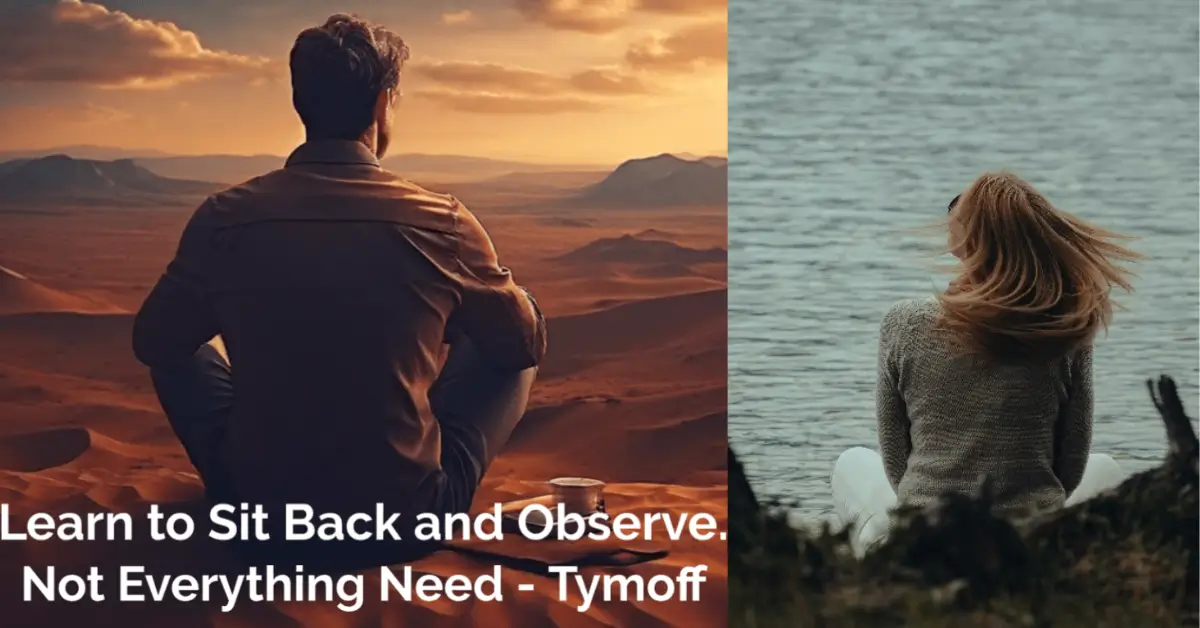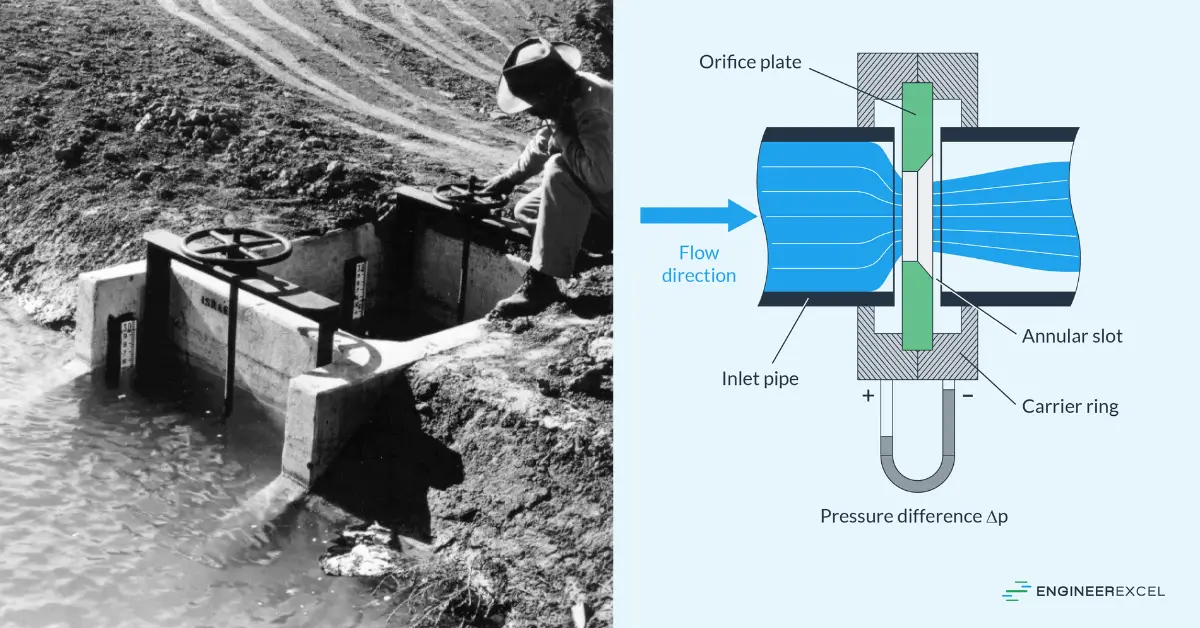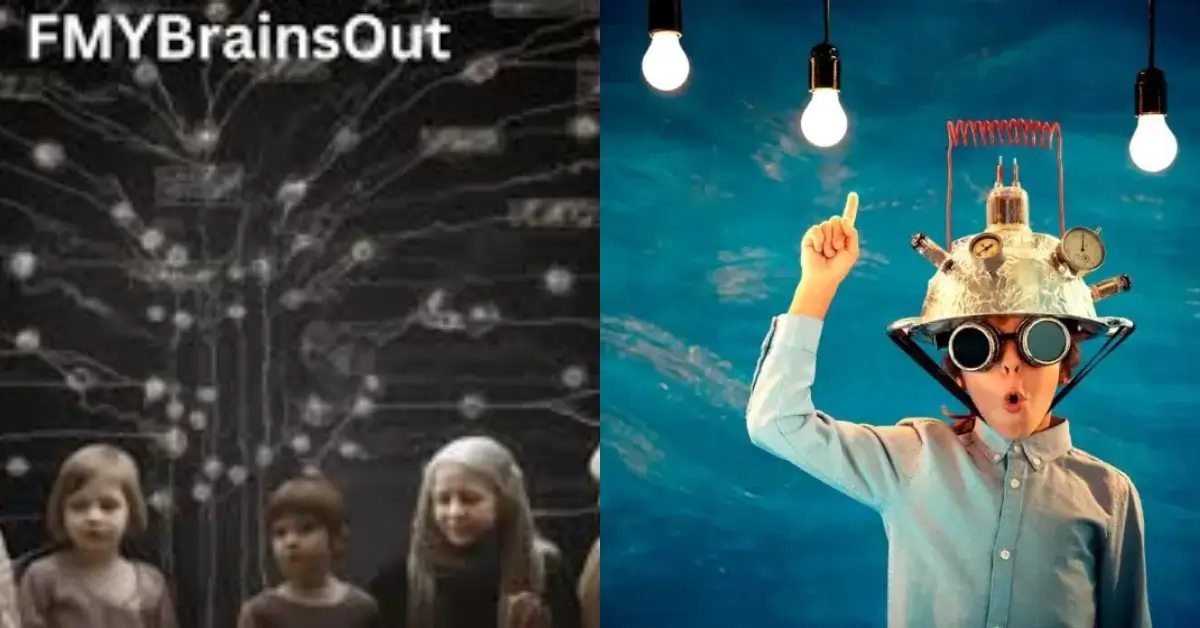Learn to Sit Back and Observe. Not Everything Need – Tymoff & The Power of Mindful Observation

Life today moves at a breakneck speed, often compelling us to react impulsively to comments, events, and situations. The art of observing—rather than reacting—allows us to navigate this chaotic landscape with a sense of calmness and clarity.
By learning to sit back and watch, we can develop a more thoughtful approach to our interactions, reducing stress and enhancing emotional resilience. Mindful observation helps foster self-awareness and encourages patience in our lives.
It shifts our perspective from immediate reactions to reflective thinking, allowing us to cultivate a more deliberate approach to decision-making. As we delve deeper into the principles of mindful observation, we will discover how this practice can significantly improve our emotional intelligence and lead to more meaningful connections with others.
Learn to Sit Back and Observe. Not Everything Need – Tymoff
Tymoff’s perspective highlights the value of observation as a tool for emotional regulation and thoughtful engagement. The idea is simple yet profound: not every situation requires an immediate reaction.
Instead, by taking a step back and observing our thoughts and emotions, we can create space for more considered responses. Consider the metaphor of the lion, fox, and donkey. Each animal represents different ways of interacting with the world.
The lion may act decisively but impulsively; the fox observes carefully, using cunning and strategy; and the donkey represents stubbornness and a lack of reflection. By embodying the fox’s traits, we can learn to observe our surroundings and our emotions without rushing into action, ultimately leading to more thoughtful decision-making.

The Importance of Mindful Observation
Mindful observation is the practice of being fully present in the moment and aware of our surroundings without judgment. This form of observation fosters a sense of calmness under pressure and enhances our ability to manage stress.
By consciously choosing to observe rather than react, we cultivate a mindset that values patience and reflection. Engaging in mindful observation allows us to recognize our emotions and thoughts without becoming entangled in them.
This process encourages self-awareness, providing us with valuable insights into our triggers and responses. As we become more attuned to our internal states, we can make choices that align with our true values and goals, leading to greater emotional resilience.
Read Also: Mike Tyson Net Worth
Why Reacting Immediately Can Lead to Poor Decisions
When faced with a challenge, our instinct is often to react quickly, driven by emotion rather than thoughtful consideration. Immediate reactions can cloud our judgment, leading to decisions that may not be in our best interest.
For example, responding in anger to criticism can escalate conflicts and damage relationships, while a calm and measured response can foster understanding and resolution. The act of sitting back and observing allows us to process our emotions and thoughts more clearly.
By creating space between stimulus and response, we can choose actions that reflect our values and long-term goals, rather than fleeting feelings. This thoughtful approach not only improves decision-making but also strengthens our ability to navigate complex social interactions with grace and poise.
The Psychological Benefits of Observation
The psychological benefits of mindful observation are substantial. One of the most significant advantages is enhanced emotional resilience. By practicing non-reactive observation, we can learn to manage our emotions more effectively, reducing the likelihood of being overwhelmed by stress or anxiety.
This skill is particularly important in high-pressure situations where emotional control can make a significant difference. Additionally, mindful observation fosters a deeper understanding of human behavior.
By observing others without judgment, we can gain insights into their motivations and emotions, enhancing our empathy and emotional intelligence. This understanding enriches our relationships and improves our ability to communicate effectively, creating stronger bonds and fostering a supportive environment.
Improving Emotional Resilience Through Mindful Observation
Emotional resilience is the ability to bounce back from adversity and maintain a positive outlook in challenging situations. Mindful observation is a powerful tool for building this resilience.
By learning to observe our thoughts and feelings without immediate reaction, we cultivate a sense of acceptance and understanding toward ourselves. For instance, when faced with a setback, rather than reacting with frustration or despair, we can take a moment to observe our emotions.
This process helps us recognize that our feelings are valid but not necessarily indicative of reality. By observing rather than reacting, we create space for constructive reflection and proactive problem-solving, ultimately enhancing our ability to navigate life’s challenges with confidence.

Case Studies of Successful Observers
Throughout history, many successful individuals have exemplified the art of observation. Warren Buffett, the renowned investor, is known for his patient approach to investing. He often advises waiting for the right opportunities rather than reacting impulsively to market fluctuations.
His ability to sit back and observe trends over time has led to remarkable success in his investments. Similarly, Mahatma Gandhi demonstrated the power of observation in leadership.
Rather than reacting with anger to oppression, he observed the dynamics at play and chose nonviolent resistance as his strategy. His keen observation skills allowed him to understand the motivations of both his supporters and oppressors, enabling him to craft effective responses that led to significant social change.
Active Observation vs. Passivity
It’s essential to differentiate between active observation and passivity. While both involve refraining from immediate action, active observation requires engagement and intentionality. It is about being present and attuned to your surroundings, thoughts, and emotions.
Passivity, on the other hand, can lead to inaction and missed opportunities. Active observers take the initiative to reflect on their experiences and learn from them.
This engagement fosters growth and self-awareness, enabling individuals to make informed decisions. By embracing active observation, we can enhance our capacity for strategic decision-making and emotional control.
How to Practice Sitting Back and Observing in Daily Life
Incorporating the practice of sitting back and observing into your daily routine is both accessible and rewarding. Start by dedicating a few moments each day to mindful breathing.
This practice involves focusing on your breath, allowing thoughts and distractions to drift away as you become present in the moment. Another effective method is reflective journaling.
Spend time writing about your observations and feelings, reflecting on your experiences without judgment. This practice not only enhances self-awareness but also helps you identify patterns in your thoughts and behaviors, leading to greater insight and personal growth.
Strategies for Enhancing Your Observation Skills
Enhancing your observation skills requires practice and intentional effort. Begin by setting aside time for quiet reflection each day. During this time, engage in mindful breathing or meditation, focusing on your surroundings and emotions.
Participating in activities that promote mindfulness—such as yoga, tai chi, or nature walks—can also help sharpen your observational skills. These practices encourage you to stay present and attuned to your body and environment, fostering a deeper sense of awareness and understanding.
Observation and Its Impact on Stress Reduction
One of the most compelling benefits of mindful observation is its capacity to reduce stress. By stepping back and observing rather than reacting, we prevent the activation of our stress response systems.
This practice fosters a sense of calmness, allowing us to approach challenges with clarity and confidence. Over time, practicing observation helps rewire our brains to respond more thoughtfully to stressors.
This shift not only enhances our emotional resilience but also contributes to improved mental health and overall well-being. Mindful observation serves as a powerful stress reduction strategy, empowering us to manage life’s pressures more effectively.
The Role of Observation in Enhancing Creativity
Mindful observation can significantly enhance creativity. When we take the time to observe our surroundings, we open ourselves to new perspectives and ideas. This process allows our minds to wander, fostering innovative thinking and problem-solving.
Many artists, writers, and thinkers emphasize the importance of observation in their creative processes. By observing the world around them without judgment, they gain inspiration and fresh insights.
Practicing mindful observation can help unlock your creativity, encouraging you to explore new ideas and approaches in your personal and professional endeavors.
Developing Stronger Relationships Through Observing
Mindful observation is crucial for cultivating strong relationships. When we take the time to observe others—listening to their words, noticing their body language, and understanding their emotions—we develop greater empathy and compassion.
This deeper understanding fosters effective communication and strengthens our connections with those around us.
By refraining from immediate reactions in conversations, we create space for others to express themselves fully. This practice enhances our ability to engage meaningfully with others, leading to healthier and more fulfilling relationships.
Integrating Mindful Observation into Your Routine
Integrating mindful observation into your daily routine requires consistency and commitment. Start by dedicating a few moments each day to quiet reflection. Use this time to observe your thoughts and emotions, allowing yourself to become present in the moment.
Incorporate mindful observation into daily activities, such as during meals or while commuting. Notice the sensations around you, the thoughts in your mind, and the emotions you experience. The key is to remain open and curious, embracing each moment as an opportunity for growth and insight.
The Long-Term Benefits of Observing Before Reacting
The long-term benefits of practicing observation before reacting are profound. Over time, this practice leads to improved emotional control, better decision-making, and a greater sense of peace and contentment.
By learning to sit back and observe, we protect ourselves from unnecessary stress and conflict, ultimately leading to a more fulfilling and harmonious life.
As we continue to practice mindful observation, we gain deeper insights into our behaviors and motivations. This process enhances our self-awareness and fosters personal growth, allowing us to navigate life’s complexities with greater ease and confidence.
Understanding Human Behavior Through Observation
Observing human behavior is a powerful tool for gaining insights into the motivations and emotions that drive our actions. Through mindful observation, we can better understand why people behave the way they do, providing a framework for improving our interpersonal skills and emotional intelligence.
This understanding fosters empathy, which is essential for building strong relationships, both personally and professionally. When we engage in active observation, we can identify patterns and triggers in our interactions.
For instance, recognizing that a colleague tends to withdraw during team discussions might prompt us to consider their feelings and communication style, encouraging more inclusive dialogue. Ultimately, observing human behavior not only enhances our understanding of others but also allows us to reflect on our own behaviors, paving the way for personal growth and development.

Common Misconceptions About Observation
Despite its benefits, there are several misconceptions surrounding the practice of observation. One common belief is that observation equates to passivity; however, this is far from the truth. Mindful observation is an active process that requires focus, engagement, and intention.
It involves being present and aware, rather than merely observing without thought or analysis. Another misconception is that observation is solely about watching others. In reality, it also encompasses self-observation—recognizing our own thoughts, feelings, and reactions.
This dual focus allows for a richer understanding of the dynamics at play in any given situation. By dispelling these misconceptions, we can fully appreciate the value of observation as a vital skill for enhancing emotional intelligence and effective communication.
Balancing Observation and Action for Better Decision-Making
While observation is crucial for thoughtful decision-making, it is equally important to strike a balance between observation and action. Over-reliance on observation may lead to inaction, causing missed opportunities or stagnation.
Therefore, integrating timely action with thoughtful observation is essential for effective decision-making. In practice, this means taking the time to observe and reflect before responding, but also being prepared to act when the moment calls for it.
For instance, in a professional setting, one might observe a market trend before making an investment decision, but they must also be ready to capitalize on that insight swiftly. By finding the right balance, we can leverage our observational skills to inform our actions, leading to better outcomes and enhanced overall effectiveness.
Read Also: Jelly Roll Net Worth
Quick Facts
- Mindful observation fosters emotional resilience and strategic decision-making.
- Emotional intelligence is enhanced by observing both self and others.
- Successful individuals, like Warren Buffett and Mahatma Gandhi, exemplify the art of observation in their respective fields.
- Active observation can significantly reduce stress levels and improve interpersonal relationships.
Final Thoughts
Embracing the practice of sitting back and observing is a transformative journey. It empowers us to understand ourselves and others on a deeper level, ultimately fostering healthier relationships and improving decision-making.
As we cultivate this skill, we unlock the potential for greater emotional resilience, creativity, and clarity in our lives.
As we navigate a fast-paced world, the wisdom in Tymoff’s words serves as a gentle reminder: not everything requires a reaction. By learning to observe mindfully, we can navigate life with more patience, empathy, and intention.
FAQs
What is mindful observation?
Mindful observation is the practice of being fully present and aware of your surroundings, thoughts, and emotions without judgment. It involves observing your experiences in real-time, allowing you to process them thoughtfully.
How can observation improve my emotional intelligence?
By observing both your own behaviors and those of others, you gain insights into emotional triggers and motivations. This understanding enhances empathy and improves communication skills, key components of emotional intelligence.
Can mindful observation reduce stress?
Yes, practicing mindful observation can help reduce stress by promoting calmness and clarity. It allows individuals to manage their emotional responses more effectively, leading to a more balanced state of mind.
How do I practice sitting back and observing in daily life?
Start by dedicating time for mindful breathing or reflective journaling. Focus on your surroundings and emotions during daily activities to cultivate a habit of observation.
What are some misconceptions about observation?
Common misconceptions include equating observation with passivity and believing that it is solely about watching others. In reality, it is an active process that includes self-observation and engagement with your environment.





